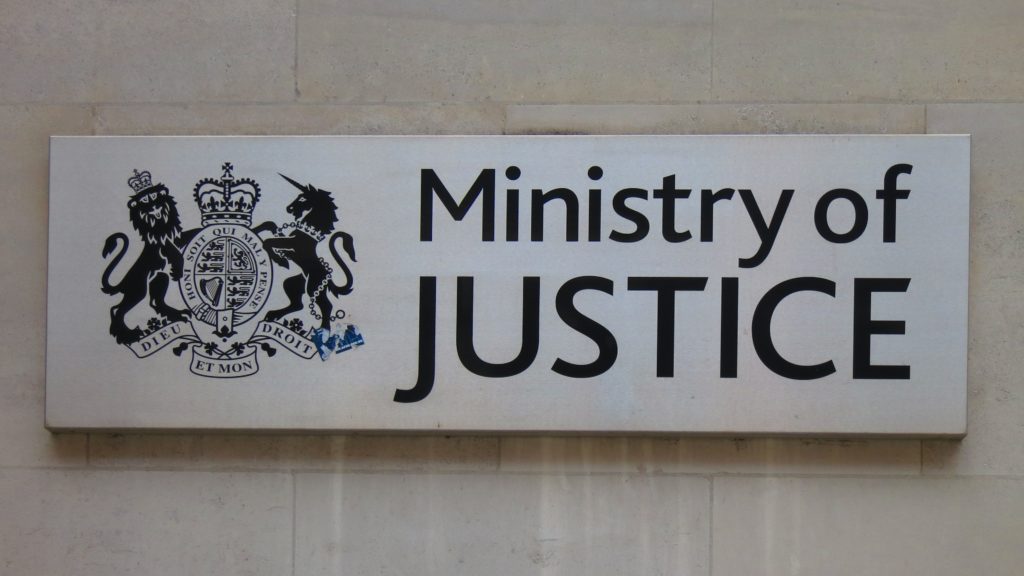Wide support has been given by mediators, Family Mediation Council (FMC), solicitors and the family law community to the government’s response to consultation published last year “supporting early resolution of private family law arrangements”.
It is to be welcomed that the Ministry of Justice (MOJ) has confirmed that it is not proposing to introduce a requirement for parties to attend mandatory mediation before issuing an application in court.
The MOJ is introducing or strengthening measures to provide families with better information and support, amending court rules, improving the system and experience for those families who do need to apply to court.
The Family Procedure (amendment no.2) rules 2023 will come into force in April 2024. These provisions will amend the current rules to give greater encouragement to potential parties to litigation, to resolve their disputes before coming to court, as well as changing the procedure to make it simpler to divert families to mediation and other out of court resolution options, if exemptions are not claimed. This may also apply, again subject to exemptions, to parties who have not previously tried dispute resolution options.
Separating families will benefit from the further roll out of a pilot scheme which better supports domestic abuse victims and children. The role mediators can play will be enhanced through improved domestic abuse screening and DVS checks. This enhanced vetting will mean that mediators can support children earlier in the process.
A legal advice pilot will be launched to help families agree child arrangements quickly, addressing barriers to early resolution, because of a lack of understanding and the options available to parties, in particular mediations.
To date almost 24,600 separating families have benefited from the mediation voucher scheme, which provides limited funding to families to resolve issues in mediation. This scheme will continue to assist financing mediation as an option for those couples for whom it is suitable, but financially prohibitive.
For parties who are engaged in court processes, a successful pilot that has been running in North Wales and Dorset will be expanded to family courts in Birmingham and Southeast Wales, ahead of a national ‘roll out’. This pilot is aimed at reducing conflict and trauma by improving information sharing between agencies for greater speed, efficacy, and to avoid victims of domestic violence having to retell and relive their traumatic experiences. The pilot will allow judges to review more relevant documentation before a case is heard in court, with the aim of minimising conflict in the courtroom and increasing speed and efficiency.
Mediators can assist parties by working as neutral professionals, with both parents together, or separately in ‘shuttle’ mediation, which is the process of mediators assisting the parties involved in a conflict to reach an agreement without them being present in the same room at a mediation meeting. The process is proven to minimise the trauma that can be felt by children as a result of long-term conflict between parents.
A prime motivation for the reforms, and the initial consultation for mandatory mediation, is to enable the overburdened family courts to better prioritise cases coming before them, and to provide protection in the most serious cases where there are safeguarding concerns, in particular domestic – abuse and child safety.
Mediators and solicitors have welcomed the government’s response. Many such professionals considered the integrity of voluntary mediation should be retained, whilst providing greater encouragement and improved information to separating parties, considering and engaging with the out of court dispute resolution processes. There is an increasing acknowledgement that cases previously thought to be unsuitable for mediation can benefit, with the appropriate safeguards.
Click on the link https://iflg.uk.com/practice-areas/dispute-resolution for more information.
iFLG
The International Family Law Group LLP
www.iflg.uk.com
© February 2023
- iFLGhttps://iflg.uk.com/about-us
- iFLGhttps://iflg.uk.com/about-us
- iFLGhttps://iflg.uk.com/about-us
- iFLGhttps://iflg.uk.com/about-us










